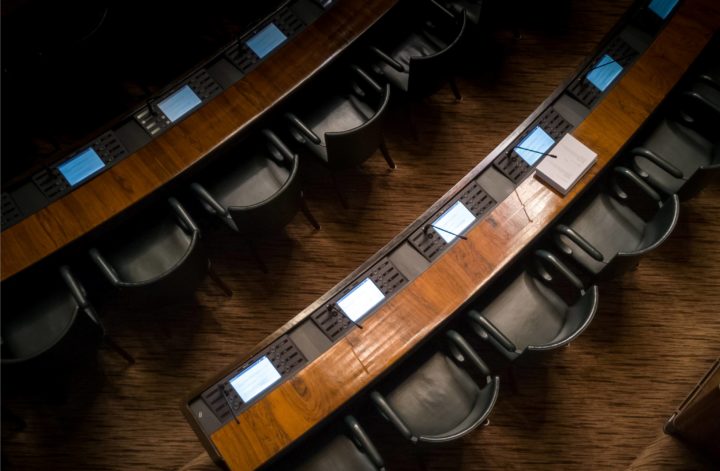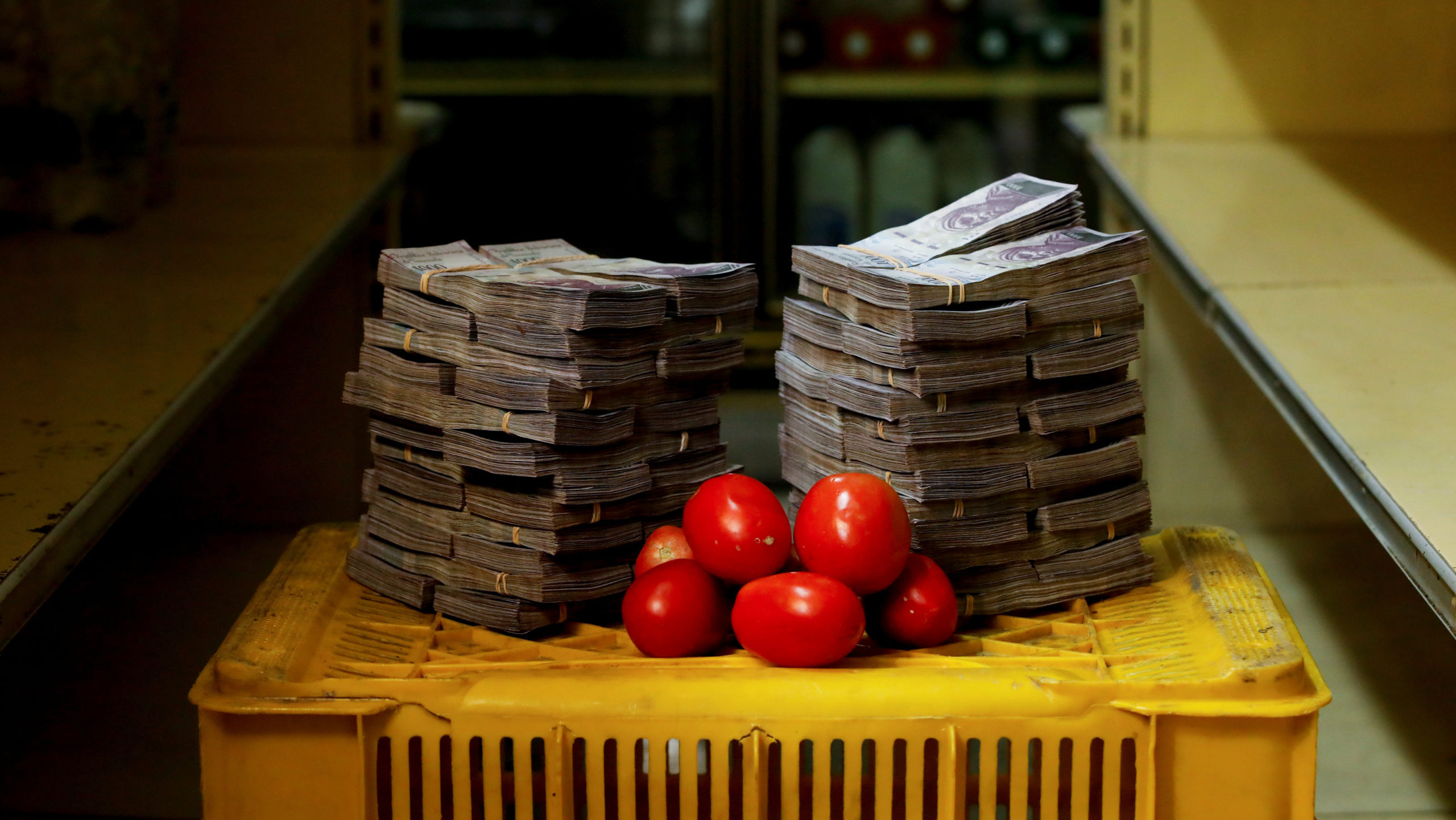As the world moves into unprecedented times, government around the world struggle to cope with the crisis and through the crisis it exposes a lot more cracks within the community where underlying unhappiness were amplified during these challenging times.
In most countries, the democratic way of governing and introducing of policies are through the election of politicians by the members of the public. Inorder for politicians to win the trusts of the public, they need to show their competency in addressing issues that the public are concern about as well as safeguarding the nation’s interest. They do so through proposing policies and engaging with the public on the grounds to understand issues that they face. In theory, these are all fine where politicians work for the interests of the public and in turn the public entrusts the politicians to act in their best interests and vote them into the government. However, as competition to gain the vote of the voters, politicians may deviate from long term thinking and engage in short term actions to win voters through policies that benefits them in the immediate future at the expense of long term sustainability. Albeit the limitations of democracy, it works fine in times of peace, where the overall sentiment of the public is optimistic about the future, and feel that they have a chance to improve their lives through hard work and are treated fairly in the society.
However, in challenging times where the economic outlook of the country is no longer as optimistic, unemployment rates are going up, and opportunities are seen to be far and afew, unhappiness among the community will arise. This will be the real test of a country’s governance, community strength and trust towards the governing group of politicians. While at the same time, opposing views from different political parties will be raised, sometimes opportunistically, or categorically highlighting areas that are within their political agenda, playing into the unhappiness within the community. This is essential for a democratic society, where different political views are raised to address different section of the community, while at the same time keeping the government in check of its policy making direction.
On many occasions, policy making is a matter of trade offs, finding the balance to meet the needs of the majority of the nation’s stakeholders(maximising the positive impact of the policies, while minimising the trade offs) and supplementing those who have fallen through with additional support. However, as tension arises during challenging times, negative impact of a policy will be amplified and groups that were being sidelined by the policies will triggered, and rightly so. As politicians struggle to find solutions to issues that were amplified due to the pandemic, they are confined to their existing framework of political ideologies. Political parties that have always been pro labour will explore policies within their realm of acceptable actions, while political parties that are pro businesses will explore policies in that area. Politicians are bound by the overarching beliefs of the parties that they are affiliated to, and will be seen as deviating from the political party views if solutions were proposed outside of those views.
This creates a huge inefficiencies towards finding the best solution, as very often the best solutions is in the middle ground, picking the best from each side to complement the trade offs. Thus if politicians do not pledge their allegiance to a specific political party, it frees him/her to pick ideas and policies from all spectrum of ideologies (capitalism, socialist, liberal, conservative, etc) and arrive at the best possible solution for all.
While if you’re part of a political party, you need to uphold the views of the party and that itself is a great limitation as no one ideology have answers to all problems faced in a country, else it would have been the dominant ideology adopted globally. It is understandable that we see such fragmented views, as people coming from all walks of life, facing different difficulties and thus associate themselves to a certain set of ideology which addresses their concerns the most. While a solution for a dynamic environment requires a middle ground from different perspective, and in my opinion the best way to achieve it is for politicians to have no affiliation to any particular ideology and maintain a neutral view to the problem and craft policies that takes all perspective into consideration.

